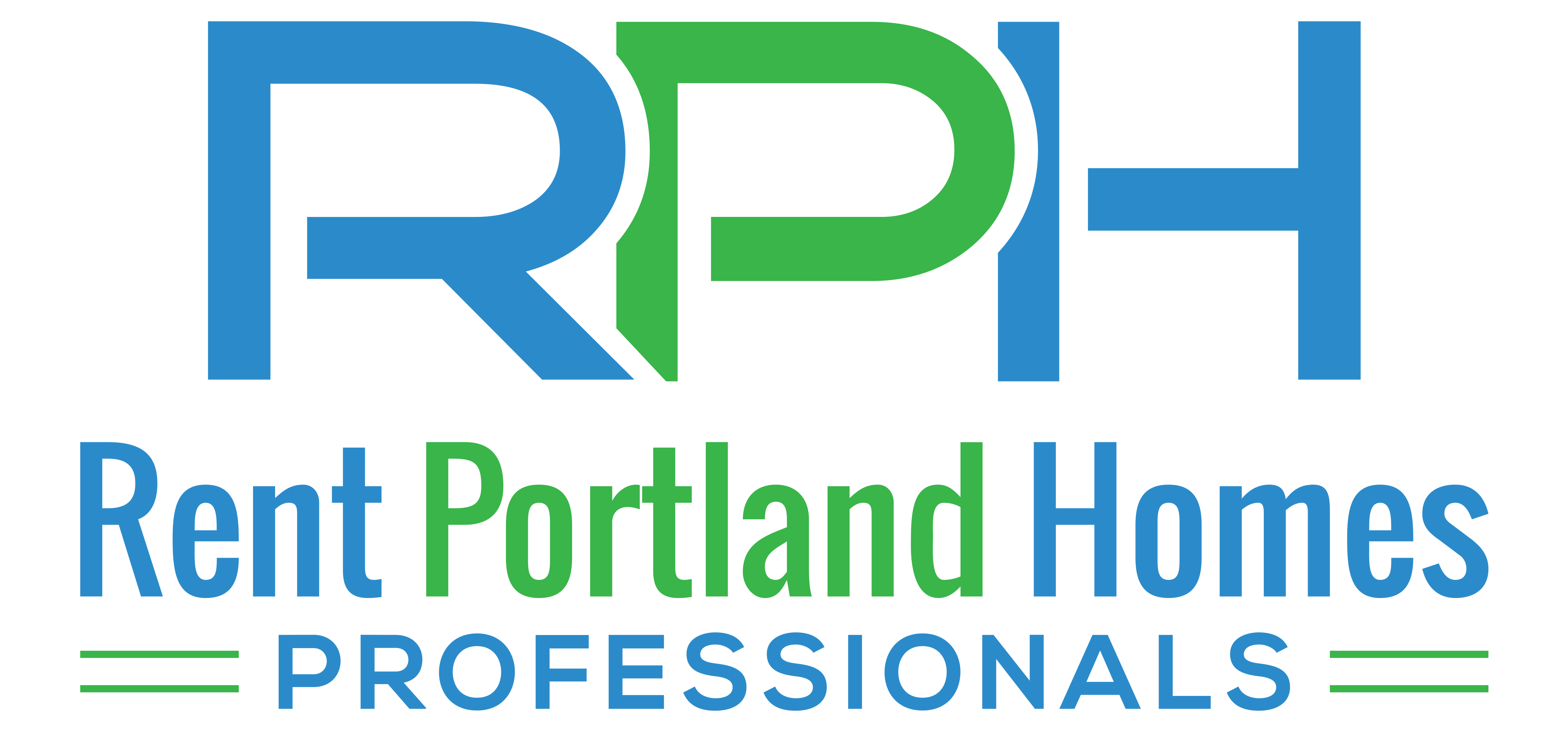Property Management Tips – What Are The Terms And Conditions Of your Rental Agreement?

Are you a Portland Landlord who has been frustrated with your rental properties recently? If so, one reason why you’ve been frustrated recently could be due to you not having the right terms and conditions in your lease agreement.
Terms and conditions are the bedrock of every lease because of the simple fact that they define what a tenant can, and cannot do, while living in your rental property.
What Should Your Terms And Conditions Include?
- OCCUPANCY LIMITS
Occupancy restrictions limit the number of people who can officially live on your property. A landlord’s ability to set the number of people that can live in a unit will be subject to local occupancy and rental laws, so you should consult with an attorney before setting occupancy limits in a lease. There are several factors to consider when determining occupancy standards in a rental property.
2. PREMISES INFORMATION AND NAMES OF ALL TENANTS
Include the address of the rental and make sure each adult tenant living at the address signs the rental document. Generally, a tenant who signs the contract will be responsible for adhering to the obligations in the agreement.
3. LENGTH OF TENANCY
Dates of tenancy need to be specified so both tenant and landlord are on the same page. Generally, the first day of tenancy is the 1st of the month and if not, the rent can be prorated to reflect the shortened month, although leases can be structured differently.
Don’t Skimp On The Terms And Conditions Of Your Lease
When most landlords get burned out and frustrated with their tenants, it’s typically because their leases lack adequate terms and conditions.
Some of the other details that your lease terms and conditions have include:
(1)A landlord and a tenant may include in a rental agreement terms and conditions not prohibited by this chapter or other rule of law including rent, term of the agreement and other provisions governing the rights and obligations of the parties.
(2)The terms of a fixed term tenancy, including the amount of rent, may not be unilaterally amended by the landlord or tenant.
(3)The landlord shall provide the tenant with a copy of any written rental agreement and all amendments and additions thereto.
(4)Except as provided in this subsection, the rental agreement must include a disclosure of the smoking policy for the premises that complies with ORS 479.305 (Smoking policy disclosure). A disclosure of smoking policy is not required in a rental agreement subject to ORS 90.505 (Definitions for ORS 90.505 to 90.850) to 90.850 (Owner affidavit certifying compliance with requirements for sale of facility) for space in a facility as defined in ORS 90.100 (Definitions).
(5)Notwithstanding ORS 90.245 (Prohibited provisions in rental agreements) (1), the parties to a rental agreement to which ORS 90.100 (Definitions) to 90.465 (Right of city to recover from owner for costs of relocating tenant due to condemnation) apply may include in the rental agreement a provision for informal dispute resolution.
(6)In absence of agreement, the tenant shall pay as rent the fair rental value for the use and occupancy of the dwelling unit.
(7)Except as otherwise provided by this chapter:
(a)Rent is payable without demand or notice at the time and place agreed upon by the parties. Unless otherwise agreed, rent is payable at the dwelling unit, periodic rent is payable at the beginning of any term of one month or less and otherwise in equal monthly or weekly installments at the beginning of each month or week, depending on whether the tenancy is month-to-month or week-to-week. Rent may not be considered to be due prior to the first day of each rental period. Rent increases must comply with the provisions of ORS 90.323 (Maximum rent increase).
(b)If a rental agreement does not create a week-to-week tenancy, as defined in ORS 90.100 (Definitions), or a fixed term tenancy, the tenancy shall be a month-to-month tenancy.
(8)Except as provided by ORS 90.427 (Termination of tenancy without tenant cause) (11), a tenant is responsible for payment of rent until the earlier of:
(a)The date that a notice terminating the tenancy expires;
(b)The date that the tenancy terminates by its own terms;
(c)The date that the tenancy terminates by surrender;
(d)The date that the tenancy terminates as a result of the landlord failing to use reasonable efforts to rent the dwelling unit to a new tenant as provided under ORS 90.410 (Effect of tenant failure to give notice of absence) (3);
(e)The date when a new tenancy with a new tenant begins;
(f)Thirty days after delivery of possession without prior notice of termination of a month-to-month tenancy; or
(g)Ten days after delivery of possession without prior notice of termination of a week-to-week tenancy.
(9)(a) Notwithstanding a provision in a rental agreement regarding the order of application of tenant payments, a landlord shall apply tenant payments in the following order:
(A)Outstanding rent from prior rental periods;
(B)Rent for the current rental period;
(C)Utility or service charges;
(D)Late rent payment charges; and
(E)Fees or charges owed by the tenant under ORS 90.302 (Fees allowed for certain landlord expenses) or other fees or charges related to damage claims or other claims against the tenant.
(b)This subsection does not apply to rental agreements subject to ORS 90.505 (Definitions for ORS 90.505 to 90.850) to 90.850 (Owner affidavit certifying compliance with requirements for sale of facility). [Formerly 90.240; 2009 c.127 §3; 2009 c.431 §10; 2011 c.42 §1; 2015 c.388 §10; 2016 c.53 §3; 2019 c.1 §7]
Contact Rent Portland Homes – Professionals
For more information about what the terms and conditions of your lease should have, or to speak with us about our Portland Oregon property management services, contact us today at (503) 447-7725 or click here.








